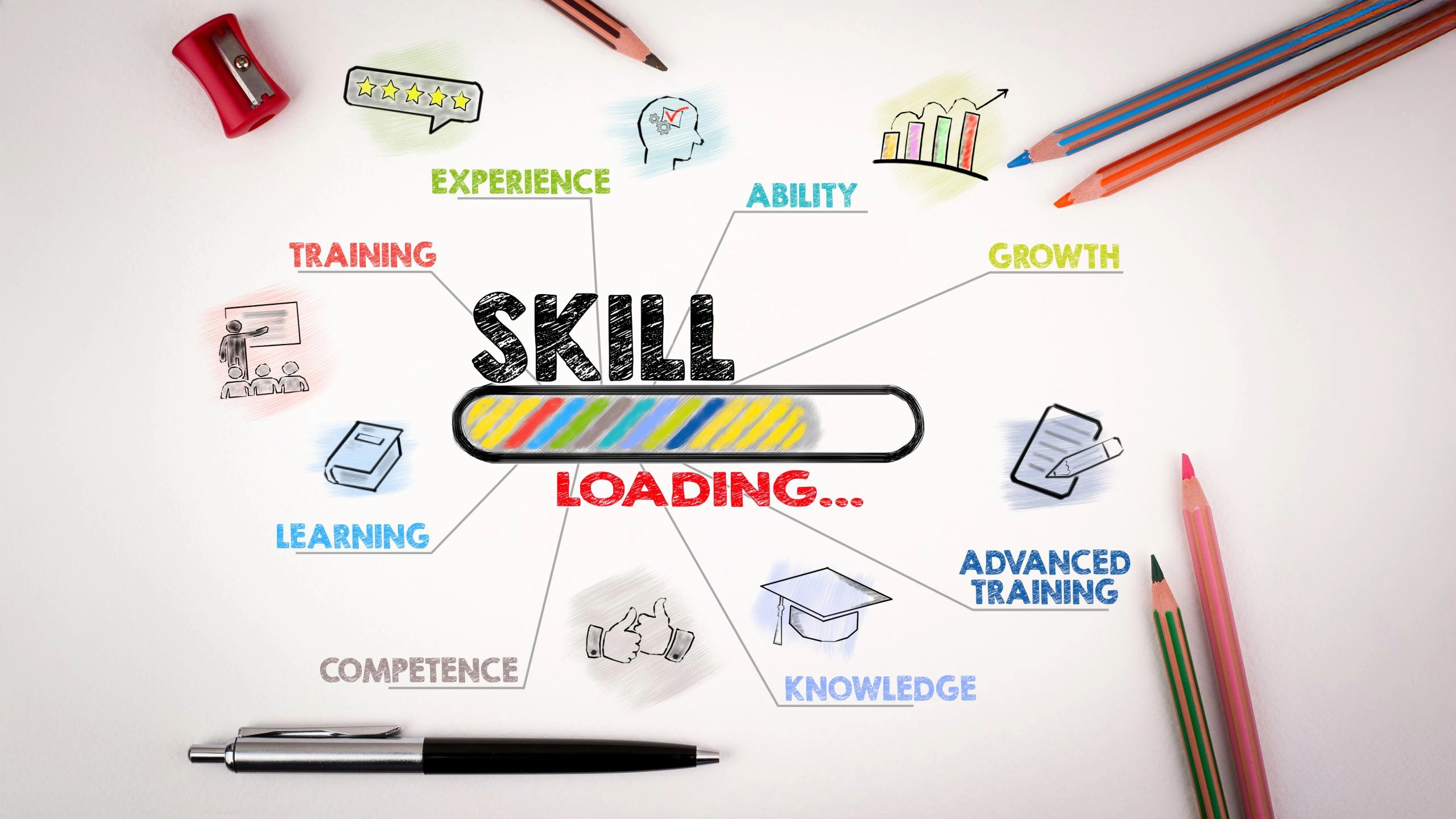Skill is a learned ability to perform tasks or solve problems efficiently and effectively. It is not static but evolves through practice, learning, and adaptation. When viewed through the lens of past, present, and future, and shaped by hope and desire, skill becomes a dynamic and holistic concept.
Here’s a breakdown of skill to these dimensions:
Skill and the Past
- Learning from Experience: Skills are developed through experiences from the past. Past actions, successes, mistakes, and challenges serve as lessons that shape your abilities. These experiences form the basis of your current skill set.
- For example, if you’ve learned a language or mastered a craft, those past efforts shaped your proficiency today.
- Building Blocks of Skill: The experiences from the past are stepping stones. Every piece of knowledge gained, every mistake made, and every lesson learned contributes to refining a skill.
- Reflection on what worked or didn’t work is critical. Learning from past failures is often as important, if not more so, than celebrating past successes.
Skill and the Present
- Application and Practice: The present is where skills are actively honed and applied. It’s the space for practicing what you’ve learned and refining those abilities. The more you engage in a particular task or activity, the more you solidify your skill.
- Continuous Improvement: In the present, you can adjust, adapt, and continuously improve. It’s about being intentional with your actions, focusing on practicing and refining specific skills based on feedback, self-reflection, or real-time challenges.
- Mindfulness and Learning: Being mindful of your current skill level helps you see where you stand today and what actions you need to take to enhance your capabilities.
3. Skill and the Future
- Skill Development for Tomorrow: The future is where aspirations and goals come into play. Skills are not just for current tasks but are developed with an eye toward future needs, opportunities, or challenges. The future is the space where you envision the next level of your abilities.
- For example, if you desire to advance in your career, you may need to learn new skills or deepen existing ones to meet future demands.
- Anticipating Change: As the world evolves, so too must your skills. The ability to foresee future trends and shifts in your industry or personal life helps you prepare by learning the relevant skills today that will ensure success tomorrow.
- This forward-looking mindset enables proactive skill development, preparing you for new opportunities.
4. Hope and Desire in Skill Development
- Hope as a Motivator: Hope fuels the desire to improve. It’s the belief that the future can be better and that you can actively shape it by building the right skills. Hope drives you to invest time and effort into learning, even when progress is slow or challenges arise.
- For example, if you hope to become a better leader, the belief that you can improve motivates you to develop communication and leadership skills today.
- Desire as Direction: Desire gives purpose and direction to skill development. It reflects your personal goals, dreams, and ambitions. While hope provides the emotional energy, desire sets the target. Together, they push you to achieve higher levels of proficiency and mastery.
- The desire to master a skill—be it in music, technology, or business—gives you focus and clarity about what skills to prioritize and how to structure your learning efforts.
Summary of Skill Through Past, Present, Future, Hope & Desire
- Past: The foundation of skill development is rooted in the lessons, experiences, and knowledge gained from the past. Reflecting on those experiences helps identify what skills you have already acquired and what areas need improvement.
- Present: The present is the realm of practice and refinement. It’s where skills are actively used, honed, and adapted. Consistent effort in the present ensures growth and the ability to meet today’s challenges with confidence.
- Future: The future represents the aspirations and goals that guide your skill development. Anticipating future needs and proactively building relevant skills ensures that you are prepared for the opportunities and challenges that lie ahead.
- Hope & Desire: Hope motivates continuous learning and improvement, while desire gives direction to your efforts. Together, they push you toward mastery and fulfillment, ensuring that the skills you build are aligned with your vision for the future.
In essence, skill is the result of accumulated experiences (past), active practice and growth (present), and anticipation of future needs—all driven by hope for improvement and desire for personal or professional fulfillment.
